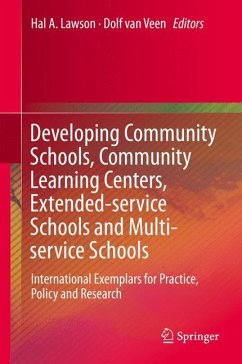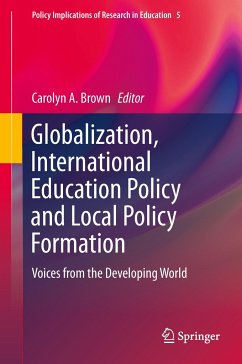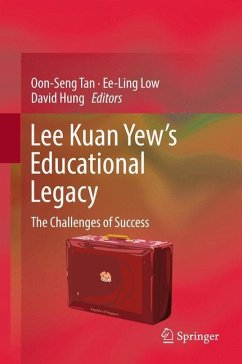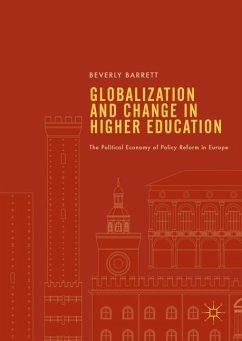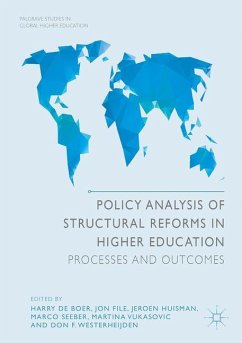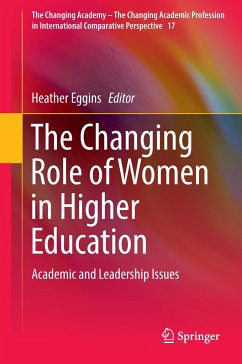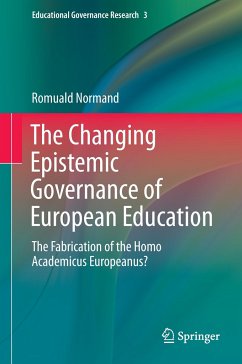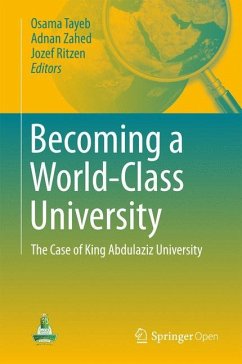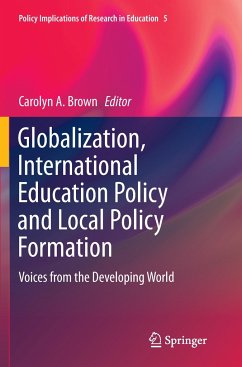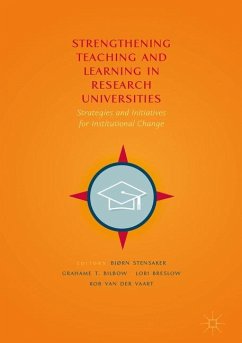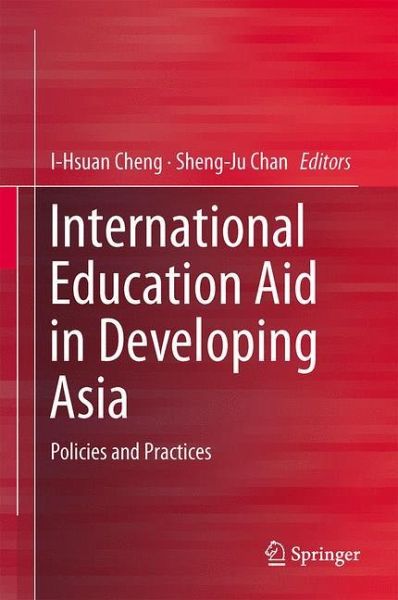
International Education Aid in Developing Asia
Policies and Practices
Herausgegeben: Cheng, I-Hsuan; Chan, Sheng-Ju

PAYBACK Punkte
19 °P sammeln!
This book provides an Asian perspective on the timely, urgent questions of how international education aid and development should move forward and what development roles Asia should play, especially following the end of the UN Millennium Development Goals (MDGs) and Education for All (EFA) in 2015. To answer these questions, four separate but interwoven parts, which analyze and anchor education MDGs and EFA policies and practices by means of diverse case studies of donor states, recipient states, and states with a dual and transitional role in Asia, are addressed. On the basis of the analyses,...
This book provides an Asian perspective on the timely, urgent questions of how international education aid and development should move forward and what development roles Asia should play, especially following the end of the UN Millennium Development Goals (MDGs) and Education for All (EFA) in 2015. To answer these questions, four separate but interwoven parts, which analyze and anchor education MDGs and EFA policies and practices by means of diverse case studies of donor states, recipient states, and states with a dual and transitional role in Asia, are addressed. On the basis of the analyses, a clearer and concrete direction for effectively and sustainably extending international education aid and development beyond 2015 can be derived.





